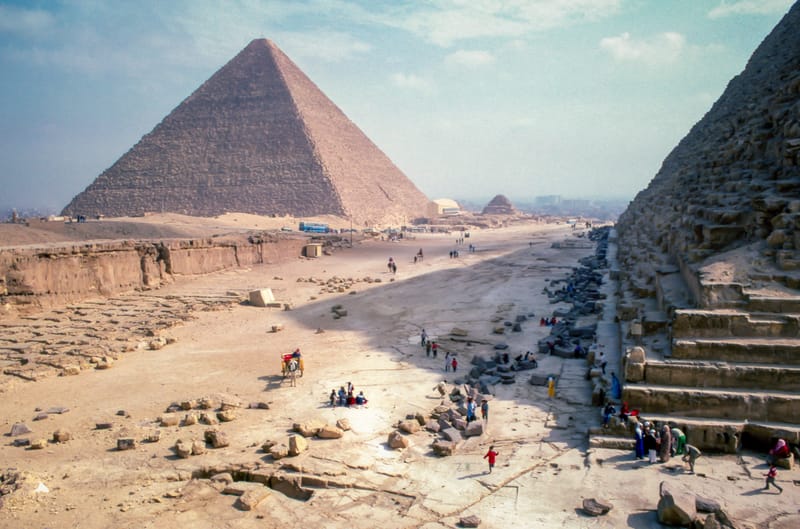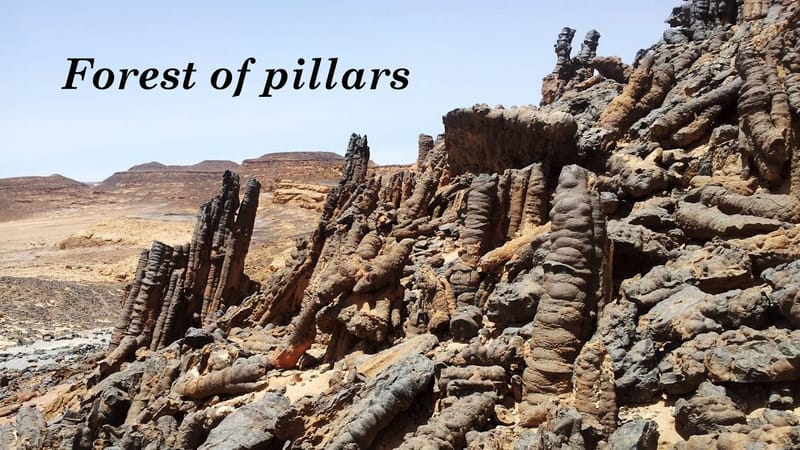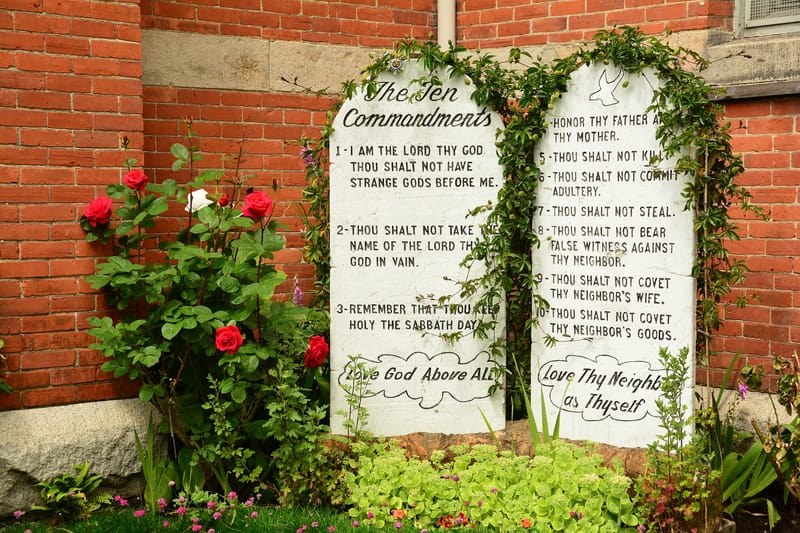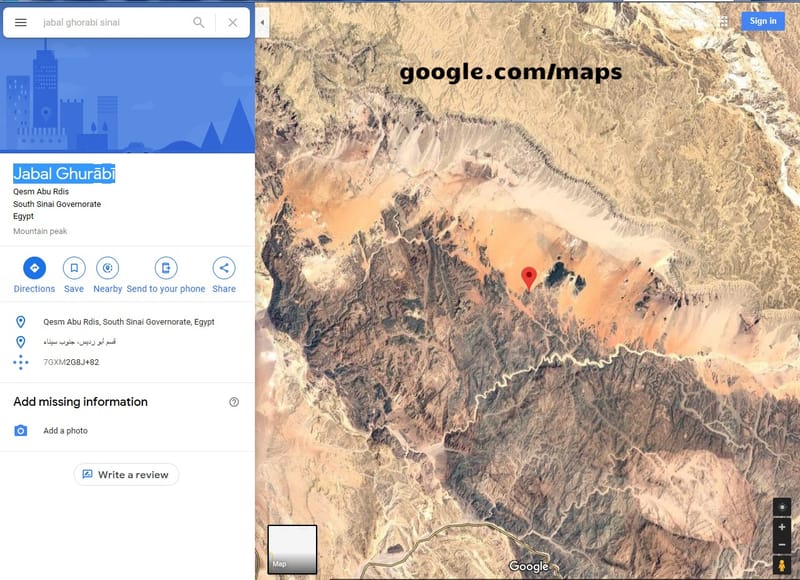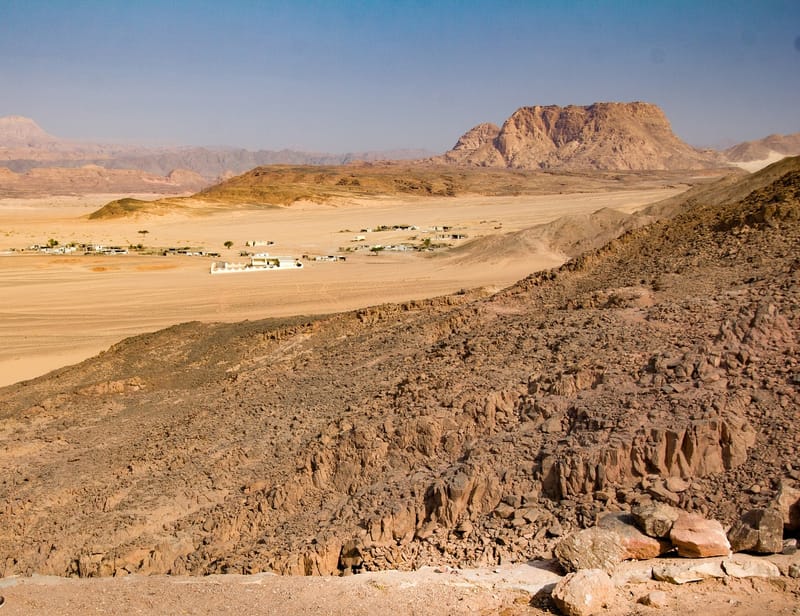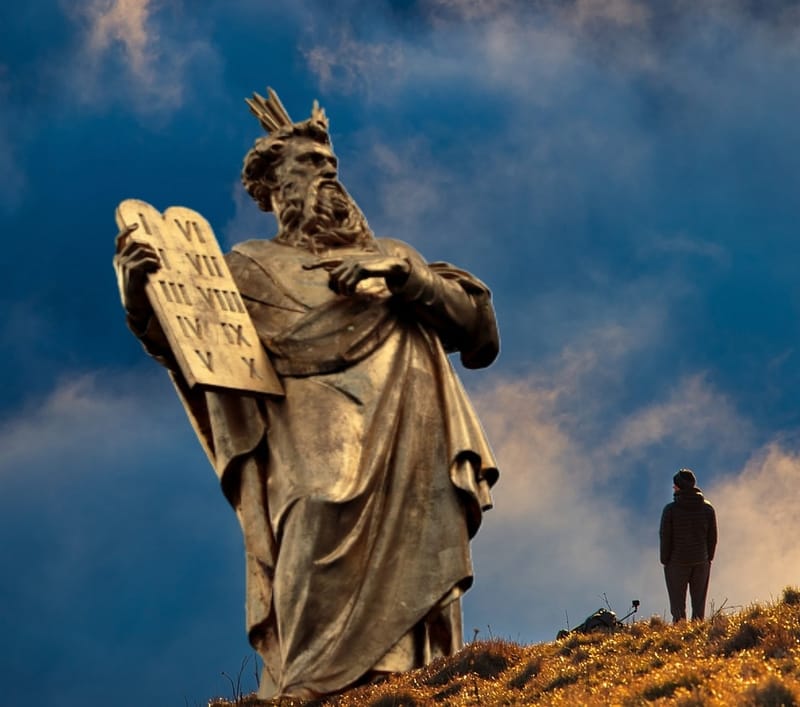Genesis for Ordinary People
Paul Poulton
New Album
"Serious"
by
Paul Poulton Project
Now available on all main music platforms
The Book of Genesis Stands Strong
About
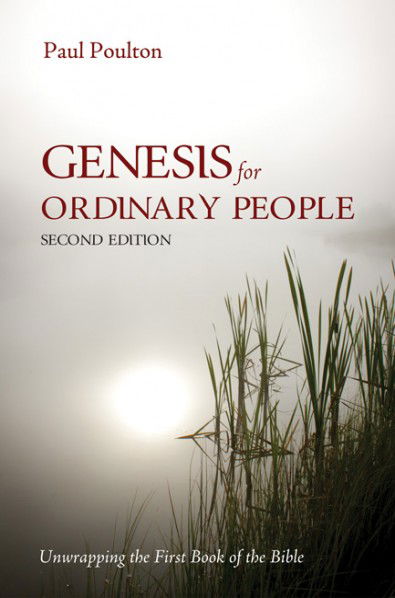
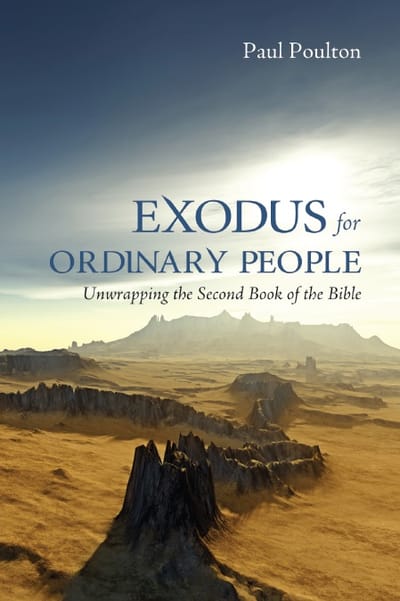
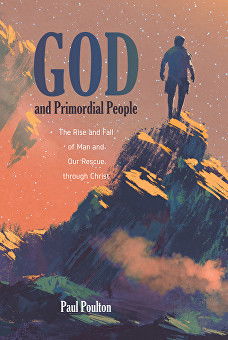
The book of Genesis continues to stand strong.
"Tell us what the former things were, so that we may consider them" (Isaiah 41:22).
On this site we'll have a look at some questions that people ask about the book of Genesis.
Although Genesis has been called mythological or even a fairy story, we find that Genesis holds together, makes sense and stands strong. And just when people begin to say it's outdated and obsolete we find that Genesis reveals itself to be ahead of us. Written around 1,400 BC people in every succeeding generation have found the book helpful, and able to speak to their current state of knowledge and growth.
More information can be found in the book "Genesis for Ordinary People" - As the adventures in Genesis unfold we begin to see a plan clearly developing throughout the generations.
There are two other books that Paul Poulton has written in this series: Exodus for Ordinary People and God and Primordial People
The new album "Serious" by Paul Poulton Project is now available on the music platforms.
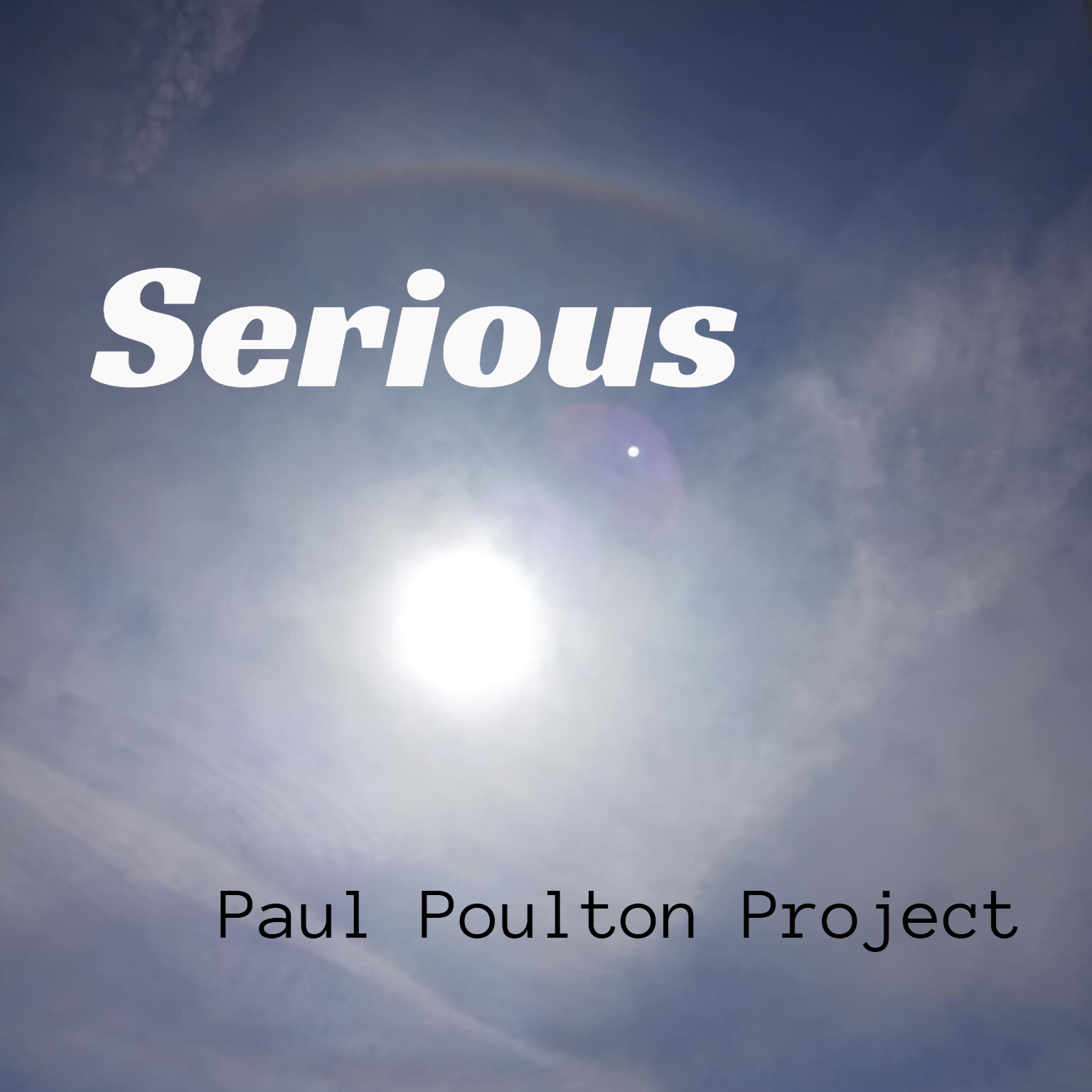
FAQ
Discussions
Pete said: "I am curious as to how you predict a flood date of 2900 BC."
Read MoreNic: "I do struggle with the fact that we seem to have to accommodate the popular scientific viewpoint when interpreting the creation story. Simply because, in my view, it’s entirely possible that God was completely able to create the whole thing in seven literal days. And I wonder if we simply want to save face within the intelligentsia so they don't think we are nutters, maybe?”
Read MoreThe seven day week had been lost to the young nation of Israel while they were in Egypt. The Mesopotamians still had the seven day week but most of the world did not. The Egyptians had a 10 day week. Originally, God had led by example, i.e. if God has a seven day week with one day off then perhaps we ought to too. There is no command to have a Sabbath day prior to book of Exodus's description of the manna falling.
Read MoreLeslie and Paul had some dialogue about soft tissue in dinosaurs, the proposition made by Leslie was, "Original tissues and carbon-14 can’t last millions of years, yet they are found in dinosaur fossils."
Read MoreRay asked, "How do you reconcile the second creation story with the first?" Paul replied...
Read MoreThe half-life of Uranium-238 dates the earth at around 4.5 billion years. That makes Bishop Ussher's calculations a year or two out, does it not?
Read MoreJim: "If the whole universe is here for the sake of planet Earth it must be here for all of the planets in the universe whether inhabited or not."
Read MoreReviews
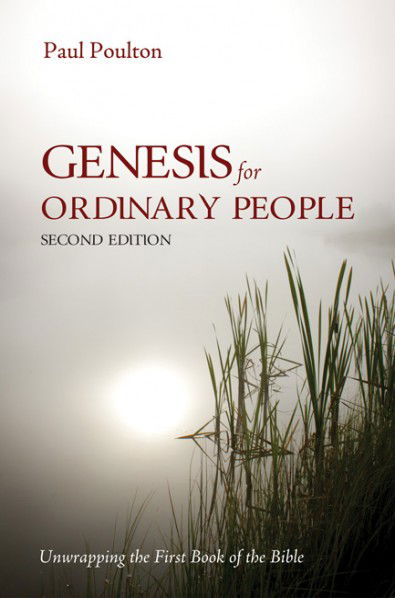
Genesis for Ordinary People - Never for Nothing
"This is a book that acknowledges that there has been a serious lack of understanding regarding the book of Genesis from both sides of the debate. Scientists and atheists have been quick to dismiss it as unscientific... whereas Christians have failed to understand its main truths."
Read More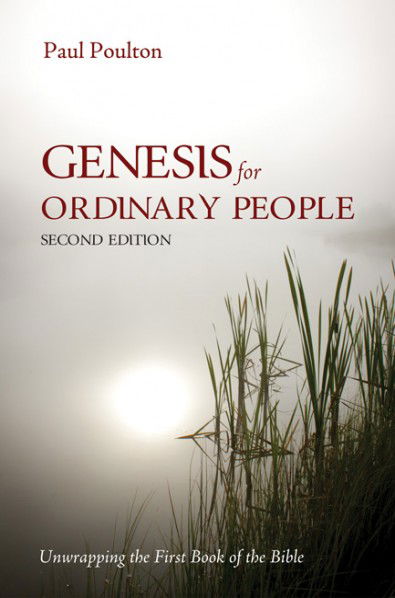
Genesis for Ordinary People - Phantom Tollbooth
Poulton’s unique approach is harder to place on the literal-mythical spectrum. Generally, he takes the text very seriously as it stands (including people’s long ages and Eve’s supernatural creation).
Read More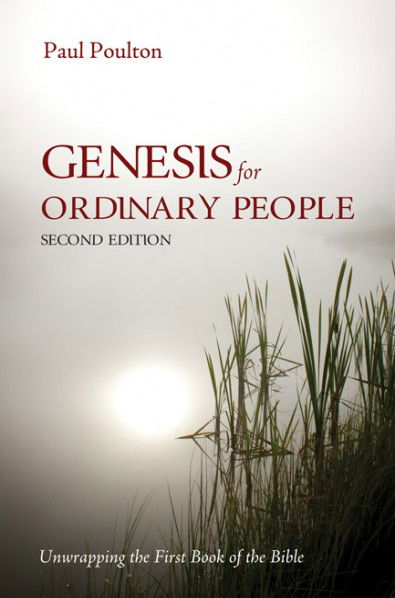
Genesis for Ordianry People - Robin Thompson
Tackling Genesis is a good yet bold choice. It has come under fire in recent years from non-believers who have used it to undermine Christianity and even the existence of God. Paul however, using a mix of apologetics, hermeneutics and a knack for communicating complex ideas in an accessible way, manages to cut through some of the misinformation and, dare I say, misinterpretation, the latter of which has not been confined to secular circles.
Read More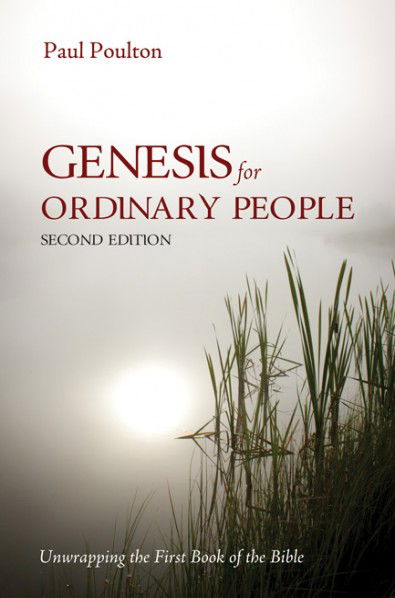
Genesis for Ordinary People - Ordinary People Reviews
"So far Genesis for Ordinary People has opened my mind up to a different look to the book of Genesis. I love how Paul speaks on your level making it so easy to follow along. If you want to learn more about Genesis then I would recommend to give this book a try."
Read More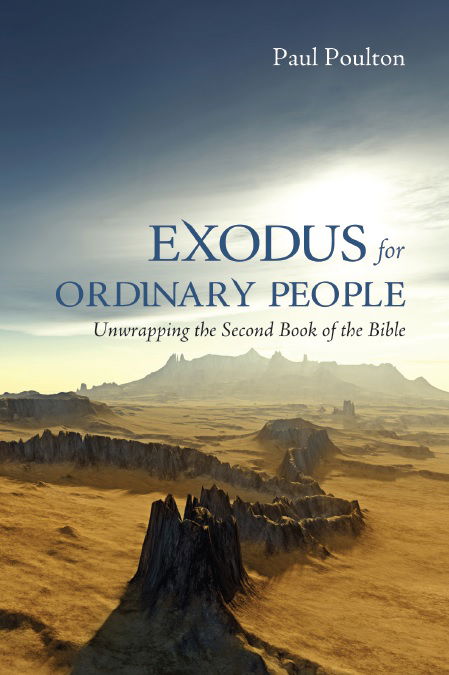
Exodus for Ordinary People - Never for Nothing
In this follow up work, Paul continues to challenge and excite us, with a scholarly yet accessible work designed to restore the historical credibility of the book of Exodus. From his detailed analysis of the relevant dates of key events to comparisons with other historical sources, particularly in respect of Egypt, Paul builds up a picture of the book of Exodus as a reliable historical account and not, as some people would have us believe, a fantastic work of fiction.
Read More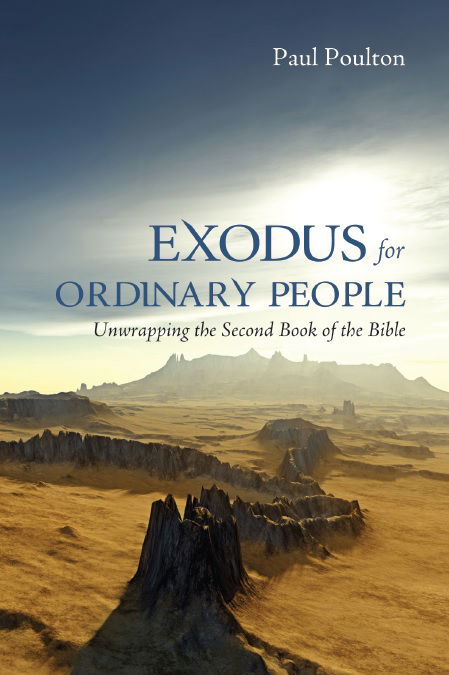
Exodus for Ordinary People - Ordinary People Reviews
"I want to say an especial thanks for the Exodus book and say just how much I am enjoying reading it (nearly finished!). It has made me re-read the Scriptures with fresh eyes and see how God works through His Creation and I found your comments about the providential and miraculous most helpful."
Read MoreExodus
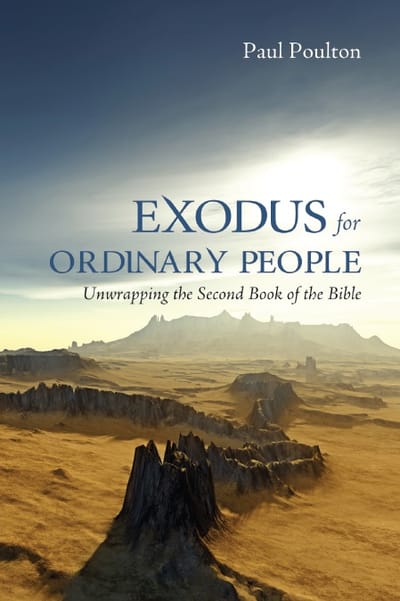
Exodus for Ordinary People by Paul Poulton
The stories it contains record a turning point in history where God begins to relate to human beings in a new way, and a nation takes its first faltering steps. A reluctant hero is chosen to lead a group of people who are not sure they want to be led at all. We can see ourselves reflected in the strains of the people in conflict with a major power of their day, and sometimes with each other.
This second book of the Bible yields much that may go unnoticed by a cursory reading. There are lessons to learn, and an absorbing scene to watch—the gritty life of Jacob's descendants played out in the arena of ancient Lower Egypt. On close inspection we are able to figure out which pharaoh is in power, why Moses is sent to tend sheep in the wilderness, how Aaron acquired his metallurgy skills—and why he used them to cast a golden calf.
Exodus for Ordinary People highlights many events that may have puzzled us when we've read the book of Exodus before, but the answers are there if we look.
God and Primordial People
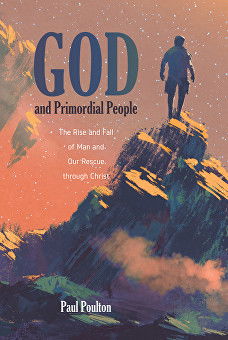
God and Primordial People
Reviews & Comments
This is Paul’s fourth published book, and it explores further some of the themes discussed in his earlier work “Genesis for Ordinary People” (and to a lesser extent its sequel “Exodus for Ordinary People”). Here Paul explores the origins of man by looking at evidence from primarily the Bible but also from other reliable historical and archaeological stories. It is important to note that Paul is keen to consider what the Bible actually says, not what we think it says, removing the layers of dogma and preconception that may have accumulated over many years of belief, or even unbelief. As the author himself points out in Chapter 24, Bone and Flesh, “We have to take care that current popular doctrines don’t infiltrate the truth of the Bible and ‘death entering the world after the disobedience of Adam in the garden’ is dogma that has entered some quarters of the church. Even Bible translators can be pulled into interpreting, and consequently translating, the Bible in the light of their church’s doctrine rather than what is actually written”. To that end this is not a book to read if you want confirmation of your own preconceptions; Instead, prepare to be challenged and unravelled by this thoughtful, insightful and erudite piece of work.
Once again Paul explores our pre-held notions of who Adam and Eve were, the nature of sin and death, and the very origins of the fall of mankind. Were Adam and Eve the first humans? Paul’s answer is an emphatic no and as you follow the logic of the argument and the evidence presented you are able to arrive at that conclusion for yourself, to see that the Bible never makes that claim and that the original readers of the Biblical texts would never have drawn that conclusion either!
It’s not just about Adam and Eve though. We are shown how the Bible cleverly uses the word Adam to mean both a man and all mankind and in doing so it is revealing a picture of who we are – spotting the correct usage when reading the Bible makes all the difference to your understanding of it. And beyond this, as readers we are taken on a journey through Sumerian culture, the possible relationships between homo sapiens and other homo species (such as Neanderthals) and how God has been with us from the beginning, providing and caring for us and how we turned our back on that to go our own way and how we sought to become self-sufficient in more ways than one. This is another excellent book from Paul and is highly recommended if you want to be able to find answers to some core questions about our origins and the Biblical accounts of them. 10/10. Robin Thompson. Published in Never For Nothing
“In this thought provoking, informative, and well-researched book, Paul suggests ways the biblical record can be interpreted to harmonize with modern scientific thought. I found the ideas presented challenging and left me wanting to study the subject more deeply.”
—John Tyrell, Pastor, Senior Leader of Community Life Church
“A well-researched, thought provoking, and to some, controversial fresh look at the origins of mankind, its rise and fall, culminating in the birth of Christ, the hope for the world and mankind in particular. It is an interpretation of Scripture, science, and archaeology. It will prove a stimulating read regardless of your views. I am finding it both fascinating and challenging to my own personal thinking, and it is causing me to think again my simple views on the matter.”
—Paul Edwards, Reverend, Sheffield, England
"The modern world is in a position to view the divine sculptor’s work as no other generation has. Throughout previous generations many people believed that God created life, but preceding generations were not privy to the method and manner in which he worked—his modus operandi. We are now in that position, thanks to the fine work of archaeologists, geologists, paleontologists, and scientists, some of whom have faith in God: the Big Bang Theory itself was first proposed by a Christian priest, who was also a scientist.
This explosion of verifiable information affects the way we view the Bible. God and Primordial People investigates and provides a cohesive picture of the Christian doctrine of the rise and fall of man and our salvation through Christ.
The book moves through each relevant step in the chain from the first primordial human beings to the world we live in today."
Published by Wipf and Stock
Exodus FAQ
Exodus 12:22 instructs the Israelites to stay in their homes “until morning” of the 14th Abib. “But Pharaoh called for Moses and Aaron at night and said, “Rise up, get out from among my people, both you and the sons of Israel”. The people of Egypt also “urged the Israelites to leave the land in haste” (Exodus 12:33). So did they leave at night or in the morning?
Read MoreDo you think there is anything biblically significant in the Sinai's weird phenomena “The Forest of Pillars”?
Read MoreWhat difference is there between the first and second commandments because there doesn't seem to be a difference.
Read MoreIs the 50 days to Pentecost counted from the Passover?
Read MoreThe location of the Mount Sinai seems to be disputed. However, the British Historian Lina Eckenstein says
Read MoreThere's an inscription in the Sinai area that seems to indicate the presence of the Israelites there. Hobab is mentioned but he wasn't an Israelite was he?
Read MoreWhy was Moses on the west side of the Sinai Peninsula? It seems a long way to go just to graze sheep.
Read MoreWere Jethro and Reuel the same person? And why did Moses listen to Jethro's advice?
Read MoreHow was Aaron able to cope with all the numerous sacrifices?
Read MoreThe Old Testament tabernacle and temple teach us some important lessons.
Read MoreGod wrote and also commands men to write. “Writings by the command of the eternal God” (Rom 16:26).
Read MoreThe children of Israel were "crying out", why did they have to go through that process?
Read MoreContact
- West Midlands, England, United Kingdom
Videos
Each video is approximately 30 - 35 mins long and follows Abraham's path from the City of Ur to Canaan.
There are historical and modern-day lessons that we can learn - both encouraging and challenging.
Genesis speaks of the "cultivation" of the land (Mesopotamia). "Then the LORD God took the man and put him in the Garden of Eden to cultivate it and tend it" (Gen 2:15). Also the LORD told Adam, "By the sweat of your brow you will eat your bread" (Gen 3:19). Revealing the cultivation of wheat that the Neolithic Agricultural Revolution was noted for.
Generations later Yahweh's friend, Abraham, a descendent of Adam's line through to Christ, is told to leave the City of Ur. The focus of the Bible then leaves Mesopotamia and moves to Canaan.
The videos are being recorded live in the facebook group Living Stones and then uploaded onto YouTube. You can view them here: "Aspects of Abraham".
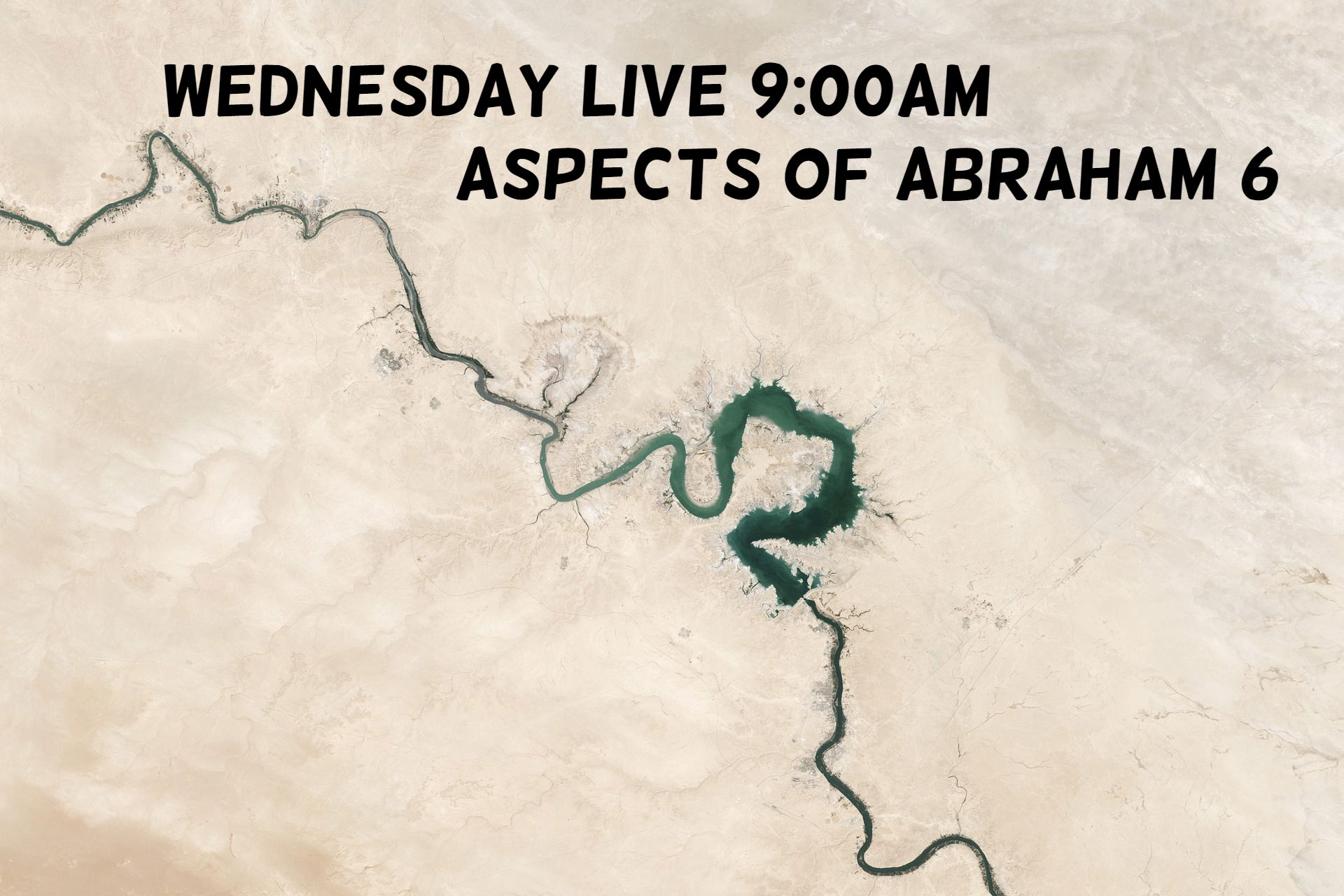
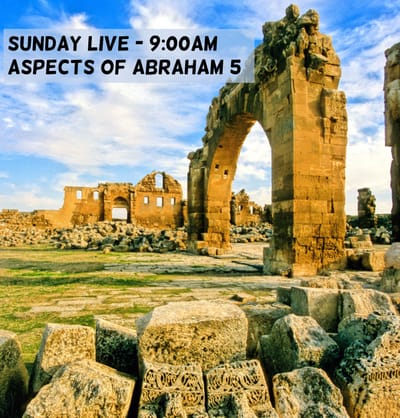
Revelation

Revelation 6 - 8 Bible Study
Devotional THOUGHTS
"God is not the author of confusion” (1 Cor 14:33). The Lord desires that we do the right thing at the right time,
Read MorePaul spoke sharply to the Corinthian church: “I gave you milk, not solid food, for you were not yet ready for it" (1 Cor 3:2).
Read More“Now the man and his wife were both naked, but they felt no shame” (Gen 2:25).
Read More“His way is in the whirlwind and the storm, and clouds are the dust of his feet” (Nahum 1:3).
Read MoreSarah, Abraham's wife, seemed to hold on to her beauty. There's some lessons for us there.
Read More“The LORD confides in those who fear him” (Ps 25:14). To hear from the Lord is a privilege and a great blessing. Inside information from on high.
Read MoreThe Lord doesn’t always explain the inner workings of scientific processes: he leaves that for humans to find out. Man gave names to the animals, and some of those animals, the very small ones, are still being discovered and named.
Read MoreBeing alert is a quality that Jesus spoke to us about. In our sinful nature we seem to have a slothful slumber that is encouraged by the enemy of our souls—eat drink and be merry, who cares?
Read MoreThere isn’t a human being alive who hasn’t failed at some point—making mistakes. We end up feeling like Jacob - "Everything is against me".
Read MoreAbraham asks Sarah and a servant to prepare food which included a “tender calf” The choice calf was the best food that Abraham had to offer, a sacrifice pleasing to the Lord.
Read More






